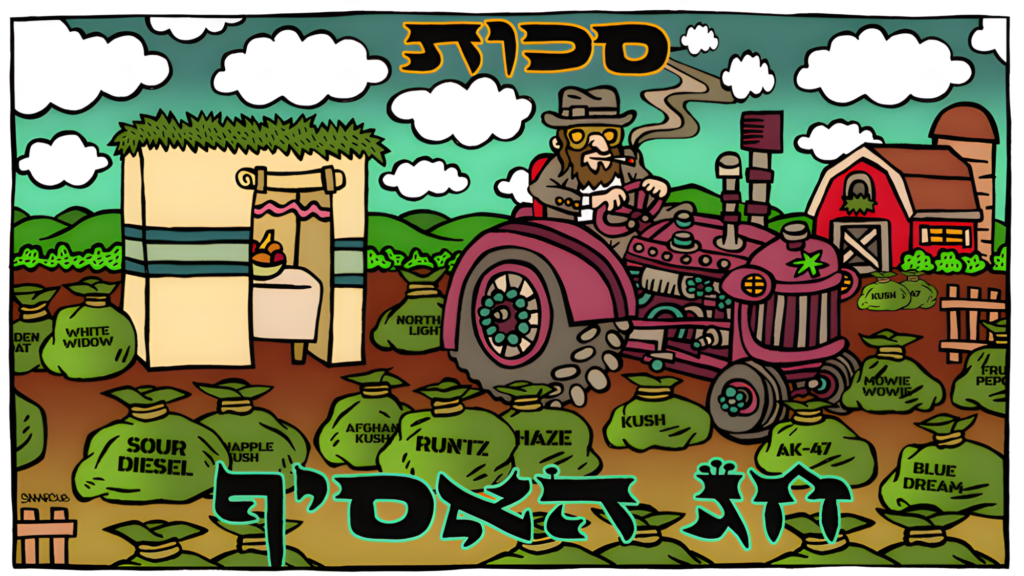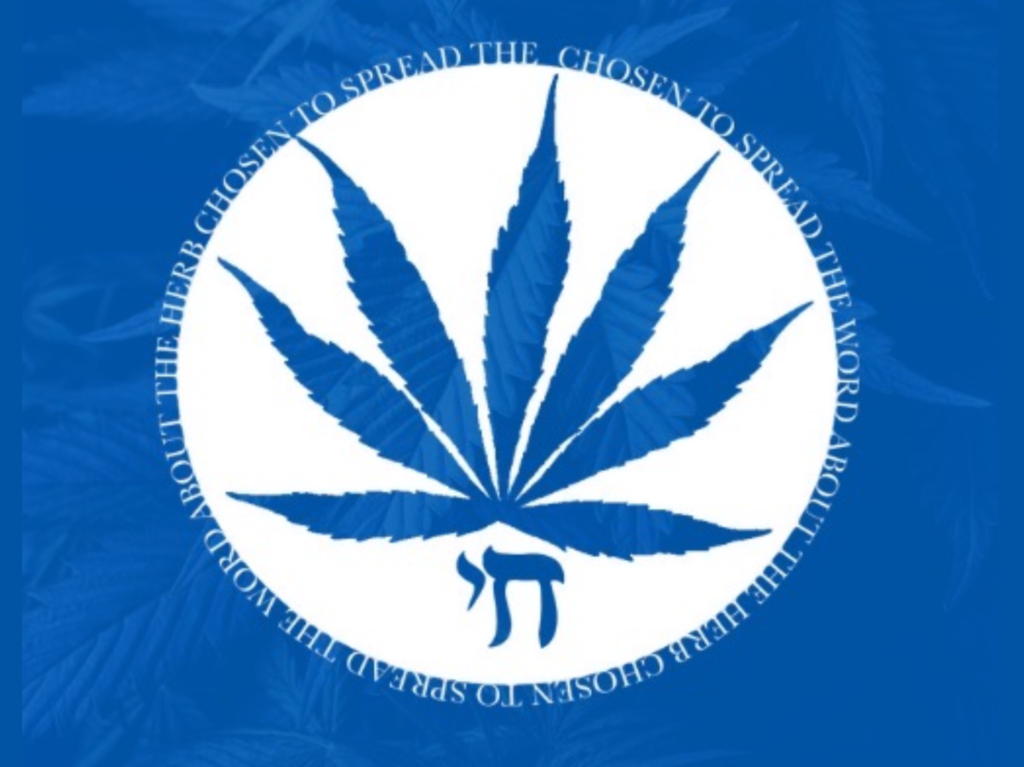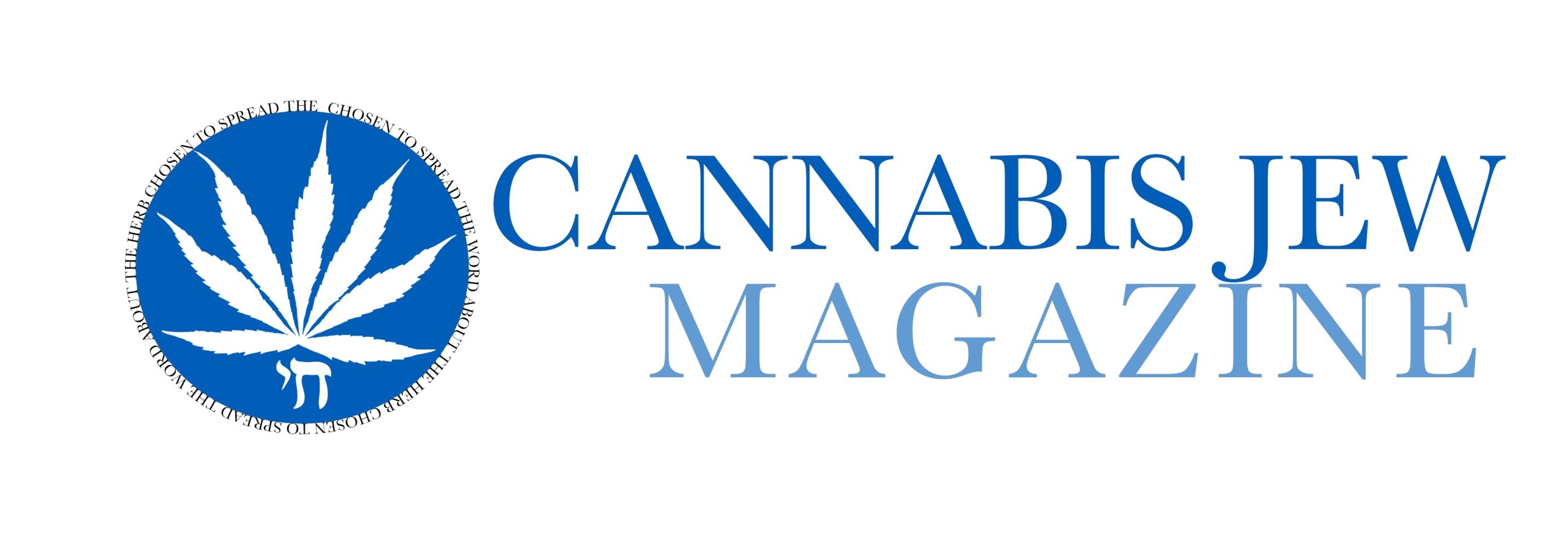By: Benjamin Gold
Since the Hamas massacre of October 7th, the Jewish community has undergone a radical metamorphosis in the wake of our collective trauma and the global response across the political spectrum that has left so many of us ideologically homeless, triggered by a holocaustal sense of abandonment. In truth, it started almost immediately, when Israeli forces were still repelling Hamas terrorists and advocates around the world were blaming Israel for the mass murder, rape and kidnapping of Jewish men, women, and children.
Since then, most of us have lost friendships and have found ourselves alienated by affiliations that once helped us make-sense of our commitments, as legitimate political discourse gave way—almost overnight—to antisemitic canards and accusations from all sides, all the time. The response by global Jewry has been one of turning inwards, supporting family members in times of pain, and reconnecting with our collective history.

In order to cope with the present and reconnect with Jewish tradition, many Jews are consuming cannabis for the first time. It’s a remedy that helps move Jewish history, connecting the cannon events of the Jewish tradition from the burning bush to receiving the Ten Commandments on Mount Sinai (observed during Shavuot, one of our three different “Harvest Festivals”). This close relation between kaneh bosem and Jewish history has inspired a new generation of Jews to turn to herbal remedies in order to feel some pride and cope with anxiety at a time when most people in the world want us to die or disappear.
In my own experience (the personification of the Jewish progressive liberal Zionist), the distinct chill in spaces where I once felt comfortable after October 7th has since turned to a freezing wall of indifference to any trauma on the Israeli side or even an acknowledgment of Jewish suffering. Anxiety-ridden nights were only placated with a heavy dose of cannabis before bed, and occasional hits from a vape when I woke up in a sweat. As Shabbat rolled around, and we found ourselves lighting the Sabbath candles, a yatzheit candle, and joints, the ability to escape the perils of the modern day became irrevocably easier with the same herb used by the ancient Israelite priests to respect and connect with the Holy One.

As a secular Jew, I’ve long shunned the biblical aspects of my ethnicity as I’ve simply not seen a need for a belief in a divine presence in my life. Admittedly, this disconnect between myself and my religious brothers and sisters has often left me feeling like I’m not a ‘true Jew.’ And yet now, as the THC passes through my brain, I can’t help but feel Jewish pride about the fact that I rely on the same medicine that once helped my ancestors connect with something larger and find purpose in respecting ethical principles even (and especially) when fighting for our survival.
As some Jews look inwards, finding friendship and family as a respite from the world around us, cannabis is allowing us to reconnect and articulate the traumas that we’ve been experiencing. These canna-Jewish spaces, whether physical or virtual—like cannabisjew.com— are about creating a sanctuary for open dialogue and mutual support at a time when our allies have abandoned us and we are mercilessly attacked in the mainstream media, every day. In these spaces, amidst the fragrant haze, conversations flow more freely, barriers are lowered, and the bonds of community are strengthened.
Connecting and reconnecting with our collective Jewish experience, whether it be through trauma or tradition, is how the Diaspora has survived and strengthened since the exile of the Jewish people from our ancestral homeland. Through the use of cannabis in medical and spiritual practice, we are continuing an unbroken line of Jews enjoying God’s gift of the herb to understand, interpret, and abstract from the immediacy of things to find a little peace.

The need for healing modalities that address both the physical and mental traumas of the modern world are more essential than ever as we cope with the fact that cultural gaslighting is our new reality. Learning about the ancient Jewish relation to cannabis can also help counter stereotypes about Jews and remove the stigma that still impedes legalization and greater access to the herbal medicine that helps us recover ourselves.
The embrace of cannabis within the Jewish community post October 7th is more than a mere trend; it represents a profound and multifaceted form of healing and solidarity. As we navigate the aftermath of collective trauma, turning to ancient traditions and remedies offers a path forward that honors our past while addressing the vital needs of the present. With its deep roots in Jewish history and its potent ability to alleviate suffering, cannabis has become a catalyst for spiritual and communal rejuvenation. By rekindling a connection to our ancestors through the shared experience of cannabis, we affirm that our resilience is not just about surviving adversity, but about finding meaning, joy, and unity in the face of it.
As global and local attitudes towards cannabis continue to evolve, the Jewish community’s historical and renewed relationship with this plant stands as a testament to our enduring capacity to adapt, heal, and thrive. In embracing cannabis, we do not simply seek solace in the shadow of trauma; we cultivate a space of solidarity that transcends the boundaries of time, geography, and belief. This journey of healing and connection, rooted in the very essence of Jewish continuity, reminds us that even in the darkest of times, we can try to find light, strength, and shared purpose in the Jewish people’s drug of choice. Let’s get chai.

Benjamin Gold is an advocate for the Jewish community and high-tech marketer who is rekindling his connection with his people through cannabis and storytelling.
In order to support and stay connected with the Canna-Jewish community, sign up to receive Canna-Jewish News delivered right to your inbox.






